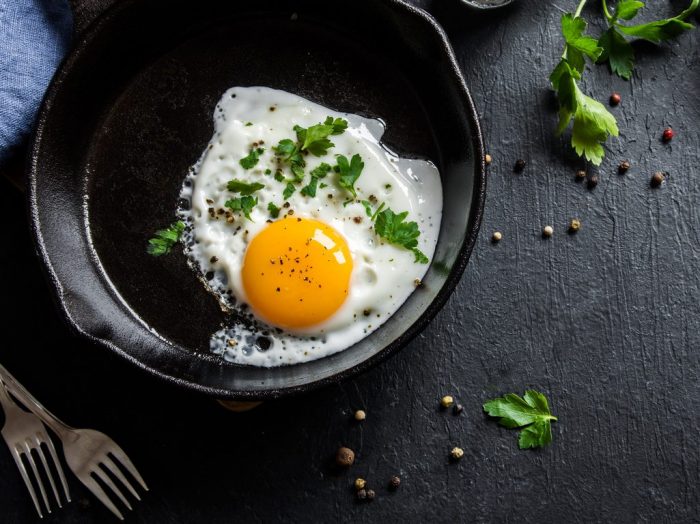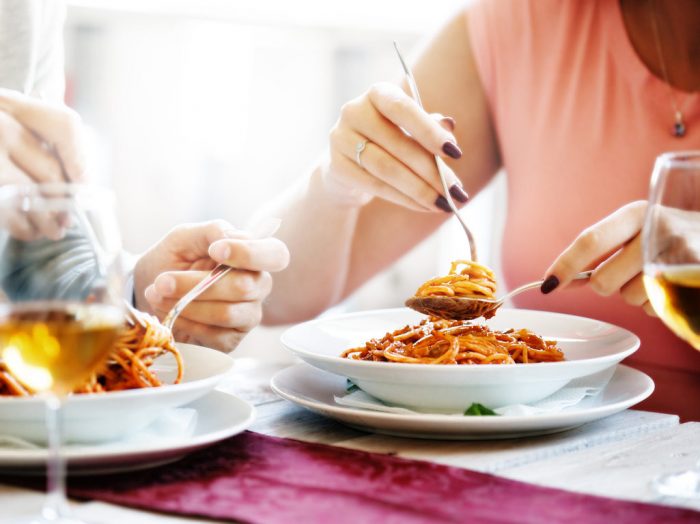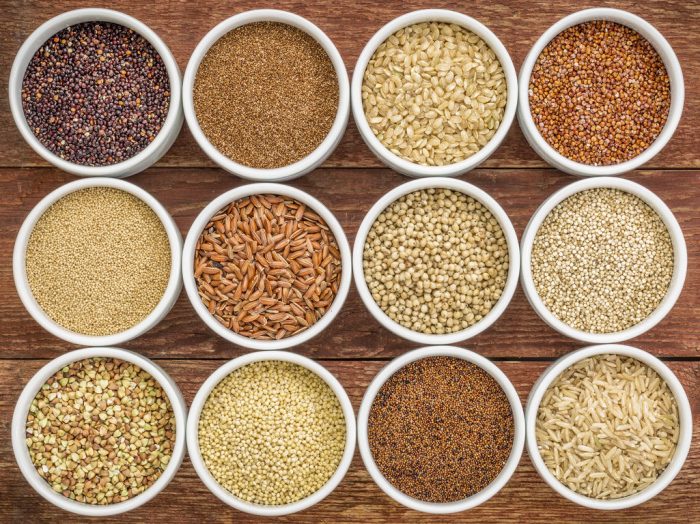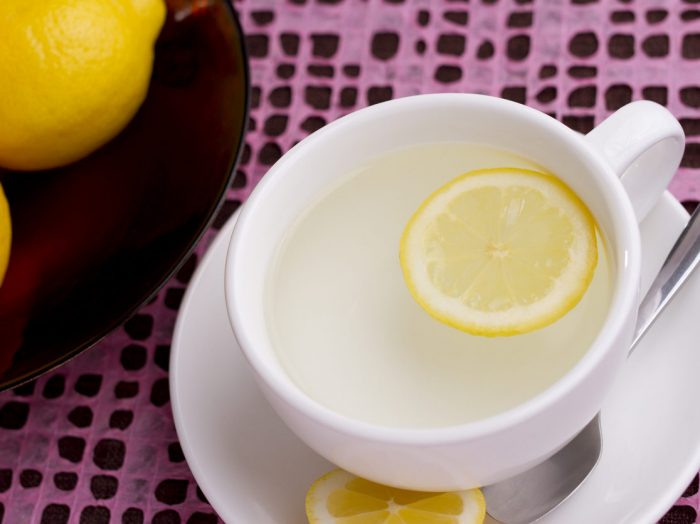The cast iron pan is a very versatile kitchen tool, one that’s always there for you in all of your kitchen adventures. But how to take care of it so that it’s with you every step of the way, for as long as possible? We dispel some cast iron pan myths so that you do just that.
There are myths swirling around the cooking world about certain items and how to cook with them, how to take care of them and so on. We’ve covered some of them in the past. Here is how to cut through the mythology of grilling, for instance, and here are some things you should forget about when it comes to healthy eating. And don’t even get me started about all of the gluten myths.
And cast iron pans are a great help to you in the kitchen. You can use them to cook steaks, roast some chicken, make phyllo pies, bake pasta, and even make some pizza in a pan. So, this should always be in your kitchen. Now let’s see what are the cast iron pan myths you should let go of.
5 cast iron pan myths to set aside
1. Taking care of the pan is time-consuming
A lot of advice when it comes to this will tell you that there are many things you should do to take care of your cast iron pan, otherwise, it will be ruined for good, soon enough. It might rust, or crack, they say. But the truth is that cast iron is quite tough. It can withstand all kinds of stress you apply to it. This type of pan has a long shelf life of decades.
So don’t be worried about how you store your cast iron skillet. If it has been seasoned properly, then it’s going to be just fine!
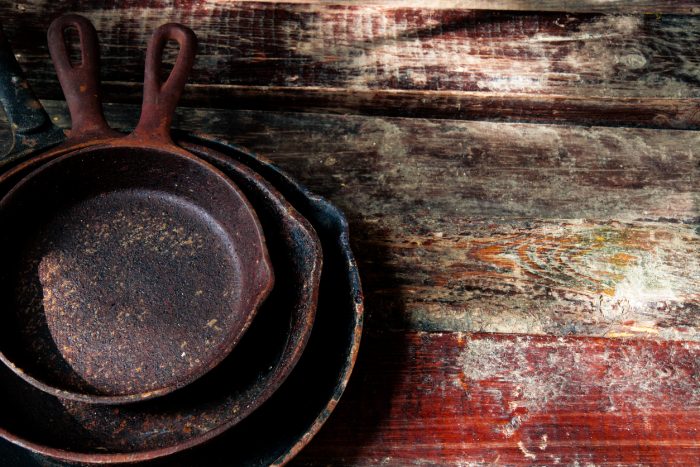
2. Cast iron pans should not be washed with soap
So, I mentioned seasoning earlier, let’s talk a little about what that is. Seasoning is a thin layer of polymerized oil that has been applied to the skillet so that, when heated, it will break down into its components and bond to the surface of the cast iron. That’s how the pan becomes non-stick.
Now, one of the cast iron pan myths says that you should not wash the pan with soap, because it will remove that oil (since that’s the job of the soap). But because the polymerized oil was not really oil, to begin with, you can wash your cast iron skillet with soap without any problems. But don’t let it soak up in the sink, clean it at once after use, or as soon as possible.
3. Cast iron skillets heat at an even temperature
This is also not true, even though you use it to cook steaks, who need to be heated evenly. But what a cast iron skillet is able to do is to maintain the heat once it achieves it. It tends to form hot spots over the flames, while the rest of it keeps its cool. If you want to heat it evenly, then let it preheat for 10 minutes before you cook your steak. Even double or triple that if you want to preheat it in the oven.
Also, remember that the heat is very intense, which means that you can crowd the cast iron pan if you want to cook some vegetables with your chicken thighs.
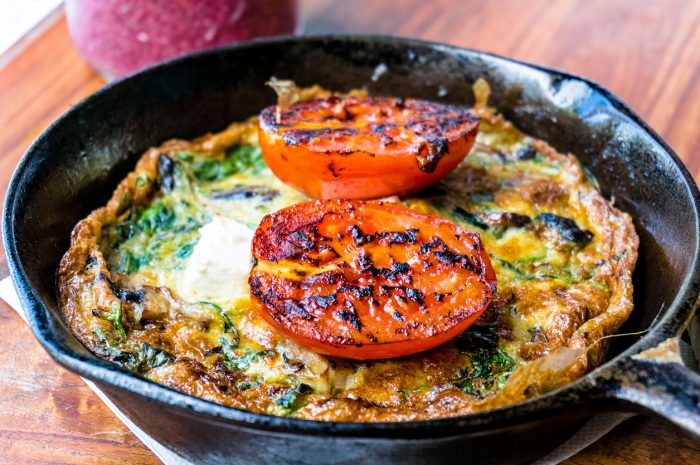
4. You shouldn’t use metal utensils on your cast iron pan
The idea here is that you might chip the seasoning on your cast iron pan, if you use metal utensils of any kind, and you should use wood utensils instead. But in fact, your seasoning should be pretty strong, because it is chemically bonded to the metal. So, you shouldn’t be able to scrape it at all! I got worried when I saw free dark bits on the surface of the pan. But those are probably just carbonized pieces of your food, nothing serious.
5. You shouldn’t cook acidic foods in your pan
It would seem like that, because acidic food like lemon juice, vinegar, and plenty others, could maybe react with the metal of your pan and hurt your food – with taste and toxicity. But, like I said, the acidic food won’t interact with the metal, but with the seasoning layer. However, if there are spots where the metal is exposed in the pan, don’t overdo it with the acidic food. Don’t simmer stuff like tomato sauce for too long. A brief exposure will not do any damage to you.

